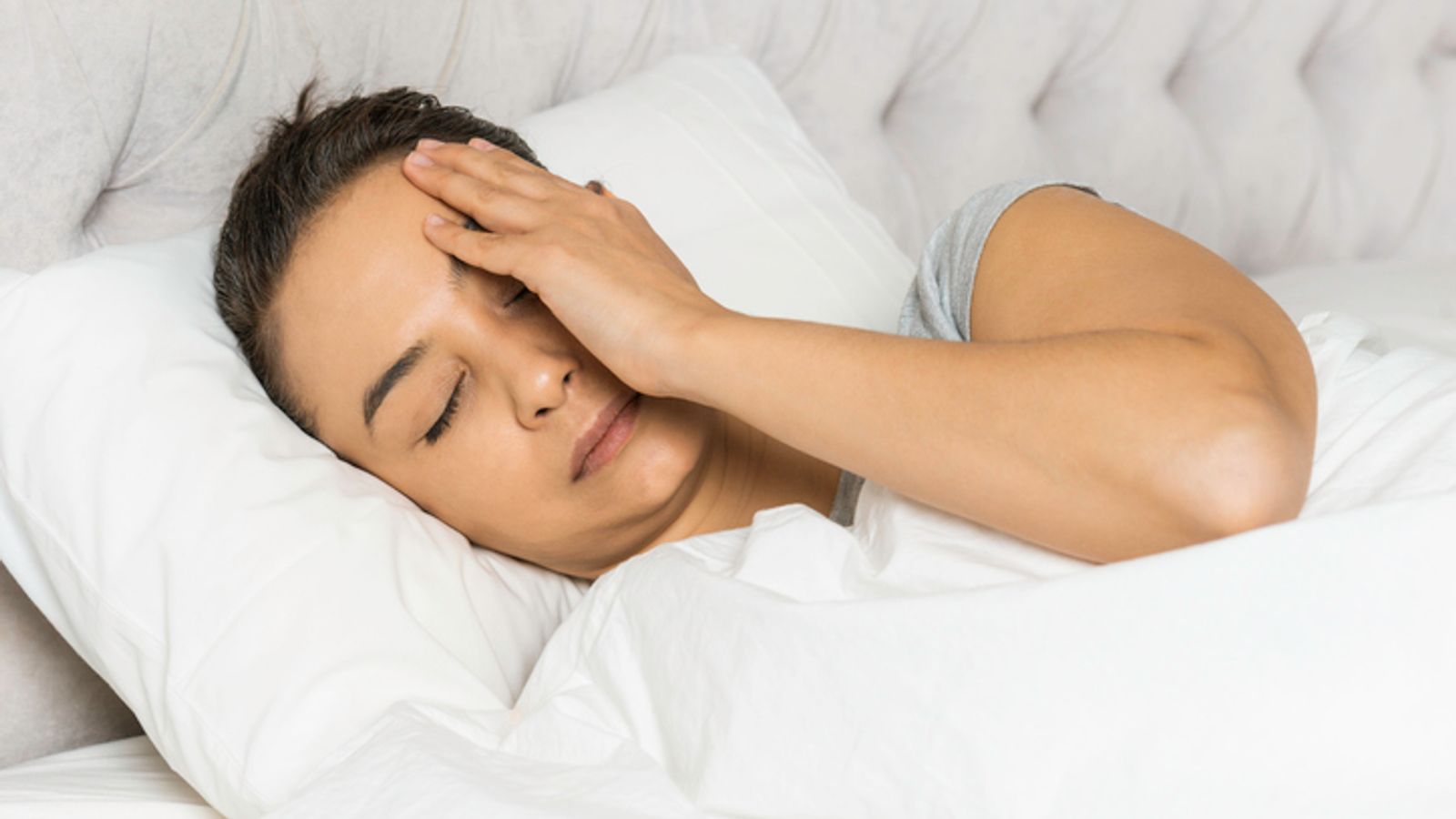Not getting enough sleep could increase the risk of developing irreversible eyesight loss, according to a new study.
Too little shut-eye, daytime sleepiness, and snoring may all be linked to a heightened chance of glaucoma, a leading cause of blindness that research suggests will impact 112 million people worldwide within the next 20 years.
It is characterised by progressive loss of light-sensitive cells in the eye and optic nerve damage, but can progress further into permanent loss of eyesight if not treated.
The research – from a peer-reviewed UK Biobank study of 409,000 people, published in the BMJ Open journal – suggested a number of reasons why bad sleep and glaucoma are linked.
One is that the internal pressure of the eye, a key factor in the development of the condition, rises when a person is lying down and when sleep hormones are out of kilter.
Depression and anxiety, often experienced alongside insomnia, can also increase that pressure as they can have a negative impact on the regulation of cortisol production – the body’s main stress hormone.
And repetitive or prolonged episodes of low cellular oxygen levels, as caused by sleep apnoea (when your breathing stops and starts while asleep), may also cause damage to the crucial optic nerve.
Who took part in the study?
Everyone who took part was aged between 50 and 69 when they were recruited from 2006 to 2010.
Among them were people who described themselves as night owls, suffered from insomnia, daytime sleepiness, and excessive snoring.
For the purposes of the research, a normal amount of sleep was considered as seven to nine hours.
Background information that may also influence the development of glaucoma was registered, such as age, weight, medical records, lifestyle, and race/ethnicity.
In total, after an average of 10.5 years of monitoring, the study identified 8,690 cases of glaucoma.
Read more:
Night owls are at higher risk of heart disease
Sleeping an extra hour can help you lose weight
Not getting enough sleep increases risk of chronic diseases
The researchers found that older people and men were more likely to have the condition, as were those with a high blood pressure, who smoked, and who had diabetes.
However, most of the sleep issues surveyed were associated with heightened glaucoma risk.
People who slept less or more than normal were 8% more likely to develop glaucoma, it was 12% for insomnia, and those who suffered frequent daytime sleepiness were 20% more likely to end up with it.
For those who snored excessively, it was 4%.
The researchers say the findings highlight the need for sleep therapy in those at highest risk of the disease, and eye checks to check for early signs of glaucoma.
“As sleep behaviours are modifiable, these findings underscore the necessity of sleep intervention for individuals at high risk of glaucoma,” they said.
